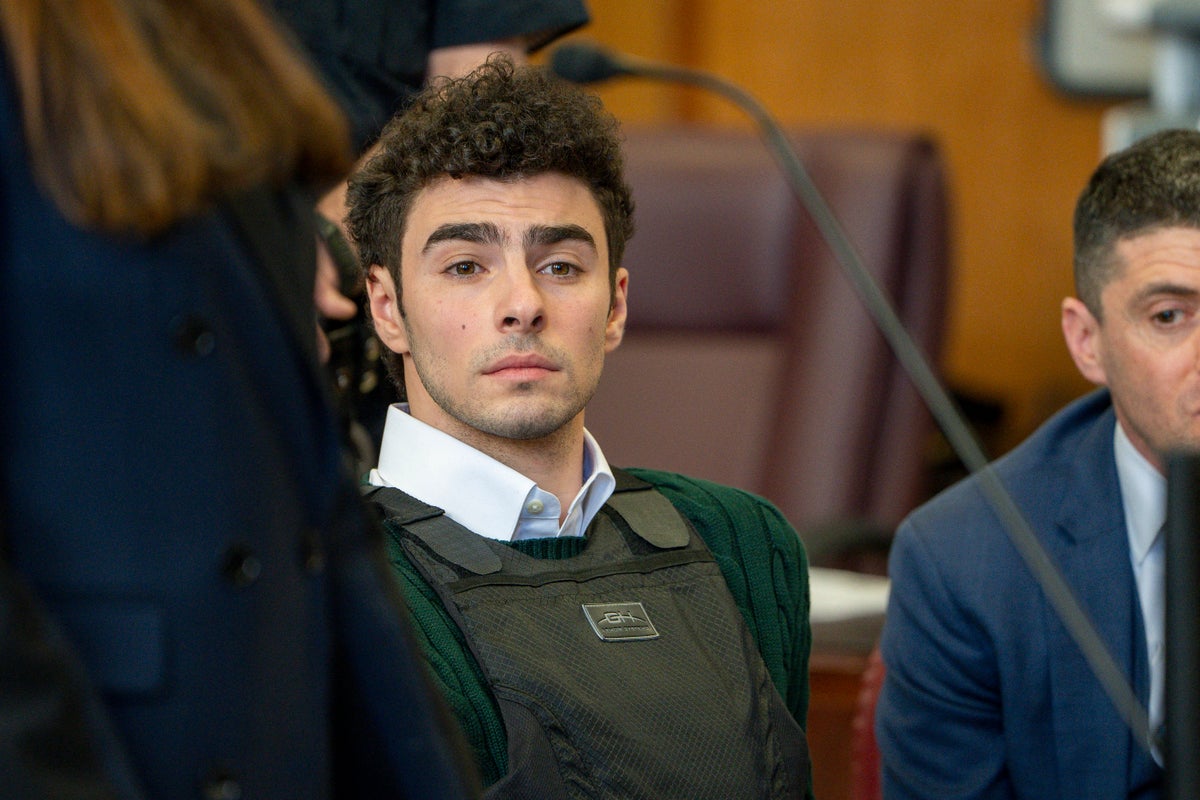The Case of Luigi Mangione: An Examination of the High-Stakes Legal Battle
Background of the Case
In a chilling turn of events, Luigi Mangione, 27, has been charged in what prosecutors are describing as a calculated murder intertwined with motives of terrorism. The victim, Brian Thompson, a prominent CEO of United Healthcare, was fatally shot in the bustling streets of Manhattan last December. With charges looming on both state and federal levels, the prosecution is not holding back; a death penalty is on the table.
The Defense’s Stance
Amidst the intense scrutiny of the case, Mangione’s defense team is making bold claims regarding the tactics employed by prosecutors. They argue that the release of Mangione’s alleged diary entries serves no purpose other than to sway public opinion against him and compromise his right to a fair trial. This argument catches the attention of legal experts and advocates concerned about the integrity of the judicial process.
Diary Entries: A Window into the Mind of the Accused
In a controversial court filing, prosecutors presented excerpts from what they claim is Mangione’s diary, asserting that these writings reveal a sinister motive behind the murder. One entry, cited by ABC News, contains disturbing reflections: “I finally feel confident about what I will do…I don’t feel any doubt about whether it’s right/justified.” This chilling expression raises questions not only about Mangione’s mindset but also about the broader implications of such revelations in legal proceedings.
Legal Arguments and Implications
Prosecutors have argued that these diary entries explicitly showcase Mangione’s intentions and validate the terrorism charges. The prosecution’s claim is that these writings substantiate a narrative of premeditated malice, contributing significantly to their argument for the death penalty.
In response, the defense has countered that the prosecution’s actions undermine the fundamental tenets of justice. Their legal filing states, “The only rationale that makes sense is that the prosecution hopes to bias the public against Mr. Mangione.” In the face of such high stakes, the defense is challenging not only the admissibility of the diary entries but also the very ethos of fair legal representation.
The Quest for Fairness
The attention surrounding the case raises the important issue of media influence and public perception in trials that gain national attention. With the prospect of a death sentence looming over Mangione, the defense stresses the need for an unbiased jury and a trial that adheres to principled judicial standards.
Further complicating the matter, Mangione faces additional legal troubles including a separate case in Pennsylvania concerning gun possession. His defense has characterized these multiple charges as “unprecedented prosecutorial one-upmanship,” a statement indicative of their broader strategy to consolidate and contest the numerous accusations against their client.
Next Steps in the Legal Battle
As the case unfolds, a crucial moment looms on the horizon—a December hearing that is expected to set a trial date for Mangione’s federal case. Legal analysts and the public alike will be watching closely as this intricate web of motives, accusations, and defenses continues to unravel.
With the stakes so high, every word uttered in court and every piece of evidence presented could tilt the scales of justice in either direction. The proceedings not only touch upon the lives involved but also reflect broader societal concerns about law, ethics, and the media’s role in the judicial process. As this case develops, it promises to remain a focal point of legal and social discourse in the coming months.


